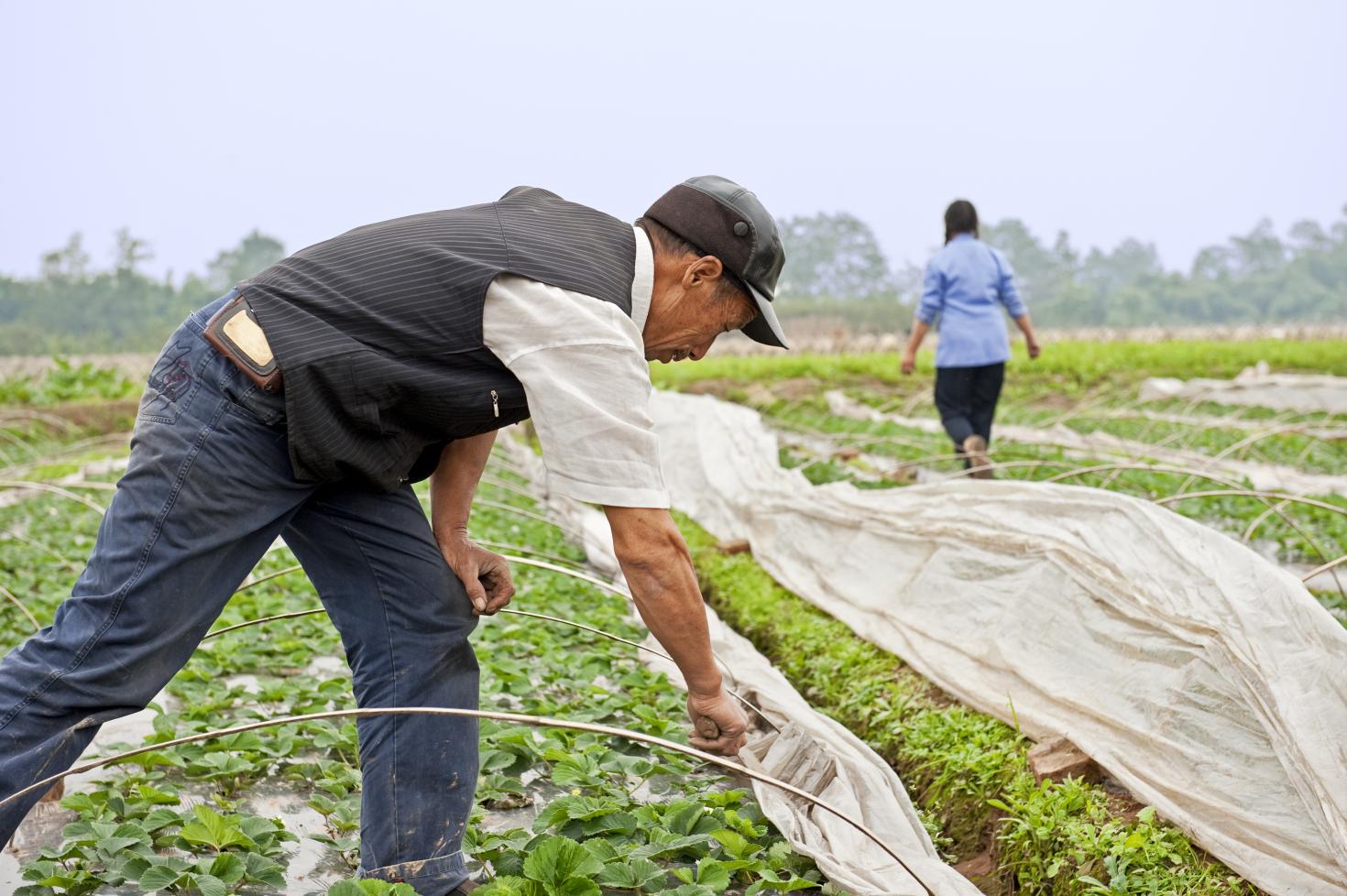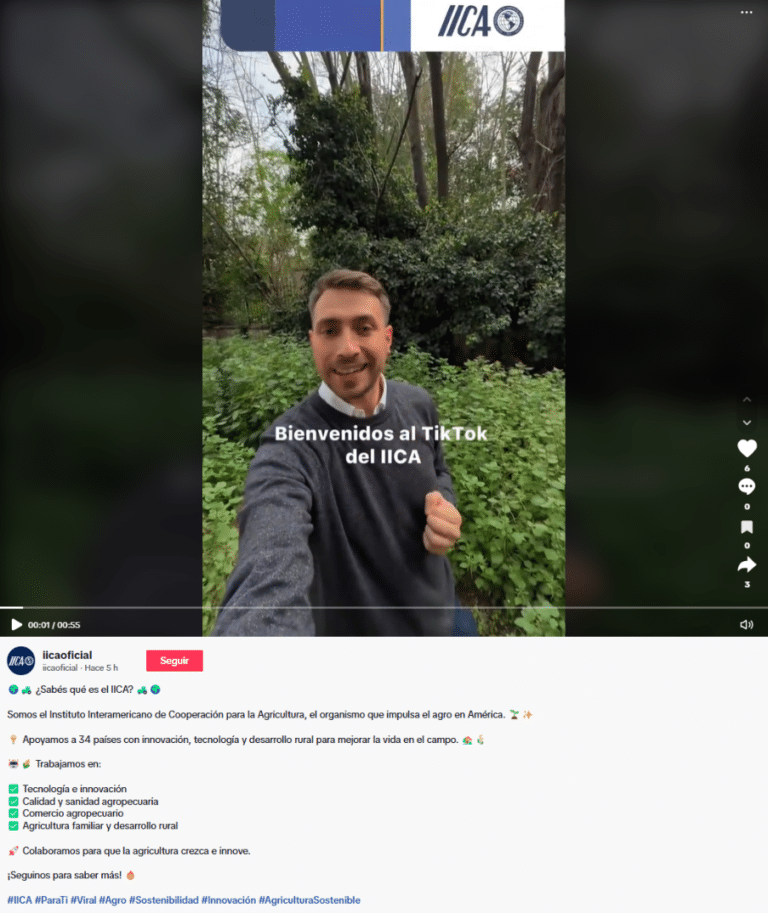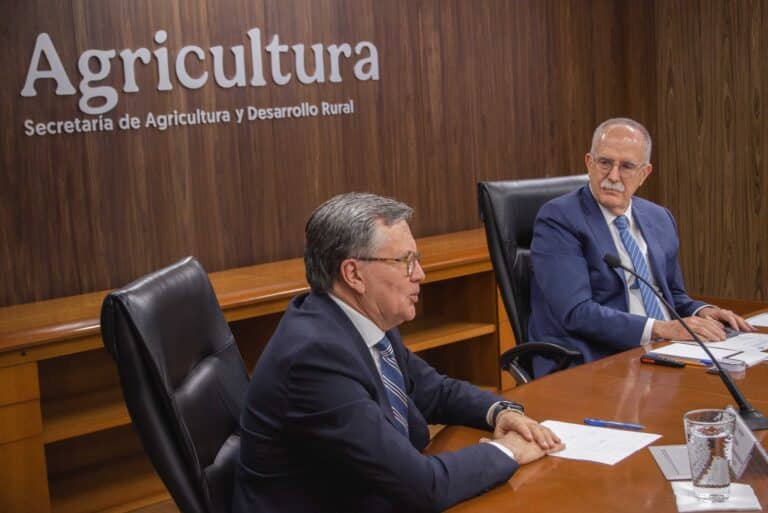Rural development is fundamental to achieve the Sustainable Development Goals according to the leading international agencies dedicated to the rural world.

April 17, 2018, Santiago, Chile – To achieve many of the targets of the Sustainable Development Goals (SDGs) it is essential to move towards a profound transformation of rural societies.
This is what the four main multilateral organizations working for the rural world – FAO, IFAD, IICA and WFP – called for today, during the event “Rural Societies in Latin America and the Caribbean and the 2030 Agenda”, attended by governments, academics, the civil society and parliamentarians.
According to the four agencies, during the past century the development paradigm was strongly based on leaving rurality behind and embracing urbanization and industrialization.
The SDGs, however, propose a new vision and contain goals and targets that will only be achieved by revitalizing the role of rural societies and their many links with urban centers.
“Almost eight out of ten of the indicators of the 2030 Agenda are intimately linked to what happens with rural societies. And two out of ten can only be achieved in, and with the help, of rural areas,” explained Julio Berdegué, FAO’s Regional Representative for Latin America and the Caribbean.
During the event held in Santiago, Chile, at the Regional Office of the Food and Agriculture Organization of the United Nations, the four agencies highlighted the central role that rural development and family farming has in the 2030 Sustainable Development Agenda.
“A socially inclusive and environmentally sustainable rural transformation is needed, lead by small agricultural producers. To boot their integration into markets, they must have a favorable institutional and economic framework to enable them to realize their full potential,” said Paolo Silveri, Regional Economist for Latin America and the Caribbean at the International Fund for Agrarian Development, IFAD.
A new rural development for sustainable development
Rural societies in Latin America and the Caribbean have undergone profound transformations in the last decades, although the effects of these changes have often not been of the type fostered by the SDGs and 2030 Agenda.
“In the current century, we understand that development will only bring real human progress if it results in stronger and more developed rural societies,” said Manuel Otero, Director General of the Inter-American Institute for Cooperation on Agriculture, IICA.
Today there are two different realities in the region’s rural areas: am extremely competitive export-oriented, highly-skilled agricultural sector which receives all kinds of support from governments, and a family farming sector which lacks access to technology, markets, basic public services and financial support and yet produces most of the food for local consumption, even though it has access to the worst quality land.
As a consequence of this, rural societies fare worse than urban societies in the vast majority of the SDGs indicators. This can clearly be seen in the case of poverty: rural poverty affects 48% of the regional population, almost double the rate of urban poverty, a difference that has not changed substantially in decades.
The four agencies stressed that, in order to carry out the new type of rural development necessary for the 21st century, it is fundamental to promote structural transformations in rural areas, to allow them to face multiple inequalities, including territorial, economic, gender and ethnic inequities.
“Political commitment, renewed policies and social investment are needed to generate these transformations. The development of the rural sector is fundamental for the sustainability of modern societies. It is a necessary path for social integration, for reducing social inequities and for promoting the development of all,” said Miguel Barreto, Regional Director for Latin America and the Caribbean of the World Food Program (WFP).
During the event, FAO, IFAD, IICA and WFP reaffirmed their commitment to governments and the societies of Latin American and Caribbean to help them trace a path towards a new type of rural development and thus meet the goals of the SDGs.
More information:
José Alfredo Alpízar
Press and Outreach Coordinator











